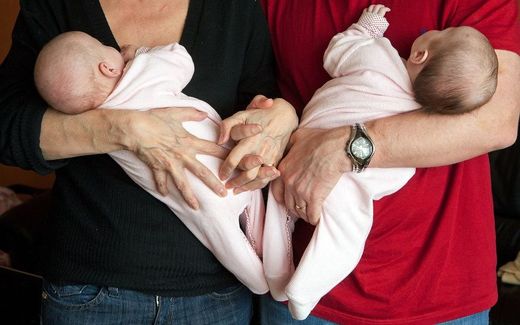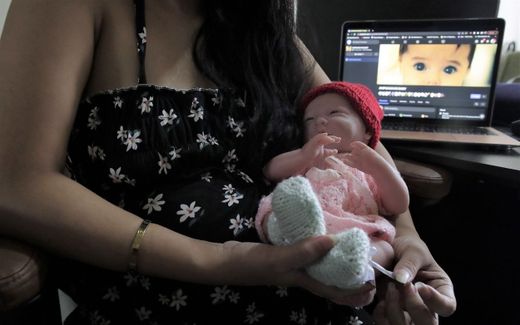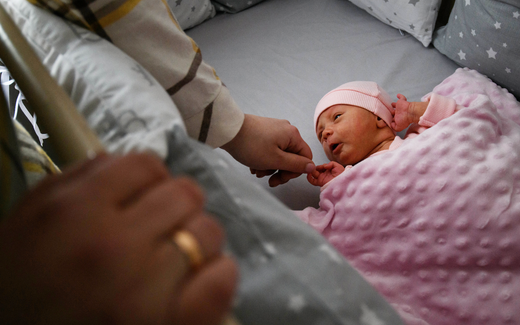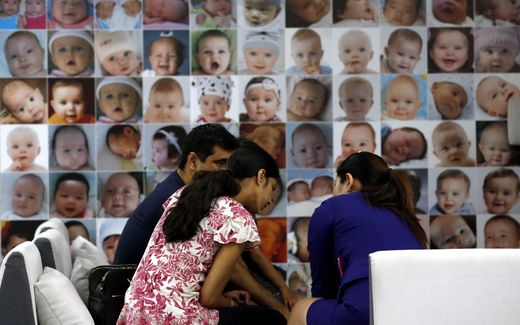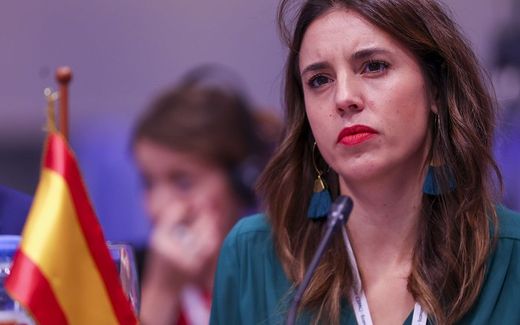Georgia to ban surrogacy for foreigners
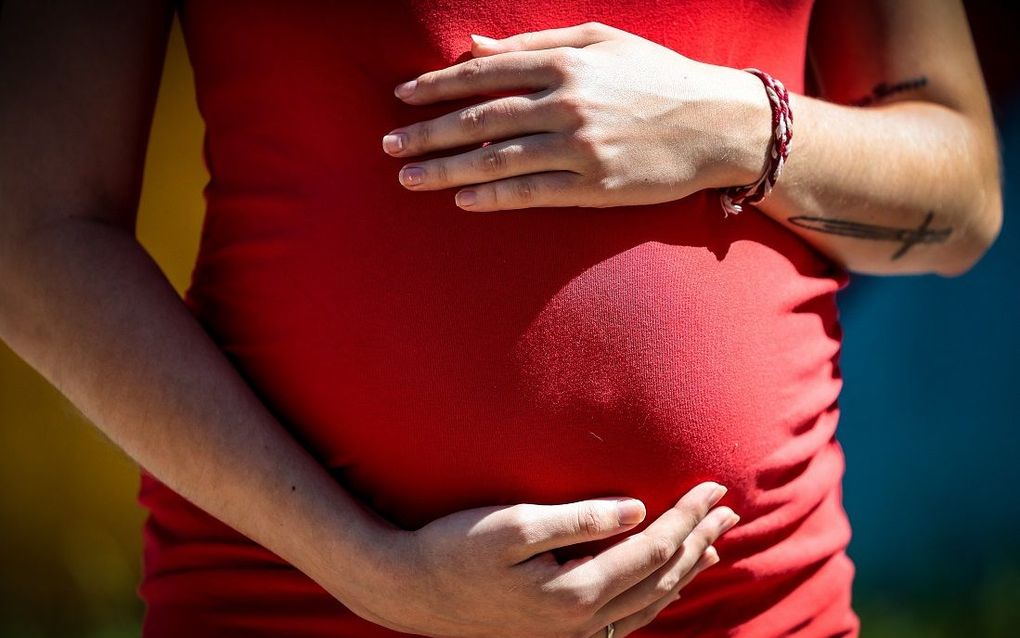
An actual ban on surrogacy for foreigners would deal a major blow to the global surrogacy industry. Photo EPA, Juan Ignacio Roncoroni
Eastern Europe
The popular surrogacy destination Georgia tries to ban the practice for foreign intended parents. But the motives behind this are unclear.
Prime Minister Irakli Gharibashvili believes that surrogacy should only be available to Georgian citizens. He said so on Monday, during a government meeting. “Our women are offered a 'profitable business'. And then no one knows where and who takes children born in Georgia with them.”
Therefore, Gharibashvili wants to crack down on the practice with a ban on surrogacy for foreigners. According to the Prime Minister, a large part of the Georgian society is worried about this practice, as “it is related to the security of our citizens and the image of our country.”
Georgia has been a popular destination for people to get a child through surrogacy for years, because of the relatively low costs and the lack of paperwork involved. Since the full-scale invasion of Russia into Ukraine, another popular surrogacy destination, the Georgian surrogacy business has become even more popular, with prices and demand shooting up.
But this practice should be banned from January 1st, next year. The new draft law from the majority government, which has already been sent to parliament, should make surrogacy only available to citizens of Georgia. Furthermore, there will also be a ban on all types of advertising on surrogacy. According to Health Minister Zurab Azarashvili, the new law should only make surrogacy possible in cases of altruism. In such cases, the surrogate mother only gets financed for her expenses, and no profits are being made. However, it won’t be easy to monitor whether covered expenses are legit. How the Georgian government wants to tackle these challenges has yet to be made clear.
Motives
Although surrogacy critics welcome the Prime Minister’s decision, some question his motives. In the briefing, Gharibashvili stated that one of the problems of surrogacy was that same-sex couples are able to ‘order’ a child. Having been accused of homophobia earlier, some question whether the PM is genuinely concerned about the practice or just wants to crack down on the LGBT community. In May, Gharibashvili said that the imposition of LGBT values is the violence of the minority over the majority. This statement was critically perceived in the EU countries. The European Parliament noted that this could affect the decision to grant Georgia the status of a candidate for EU membership.
According to Gharibashvili, surrogacy still is a legit means to create offspring. “It should be allowed for the citizens of Georgia because it helps our demography. I think we should leave this opportunity to our citizens.”
Unethical
Aside from the ban on surrogacy for foreigners, Georgia’s Health Minister, Zurab Azarashvili, also announced a similar ban on in vitro fertilization. He says both practices are associated with “various unethical and very bad practices.”
With this law proposal, Georgia is following in Russia’s footsteps. Last year, President Putin signed a law banning foreigners and single men from using surrogacy. And there, too, IVF treatments were restricted. As a result, surrogacy arrangements at some clinics dropped by as much as 70 per cent. However, the war in Ukraine also played a role in this.
Related Articles


